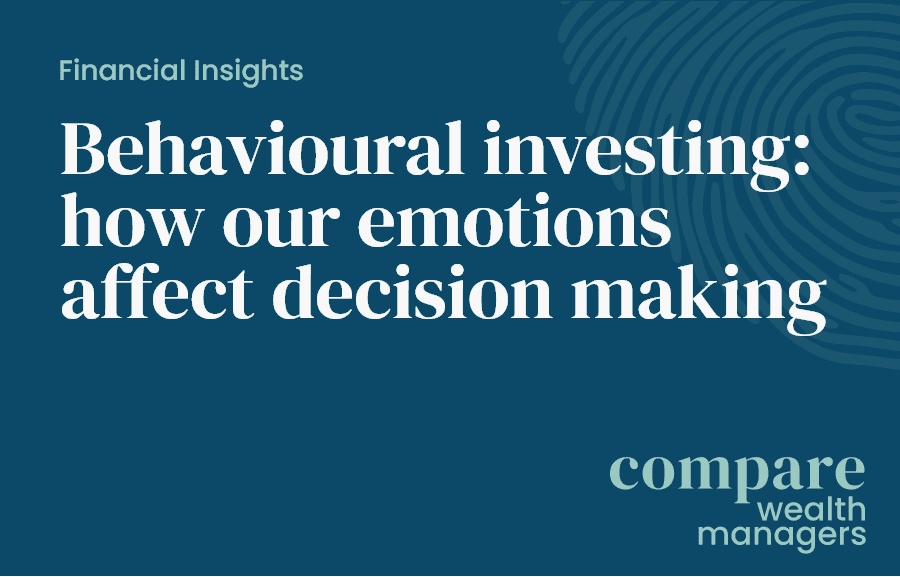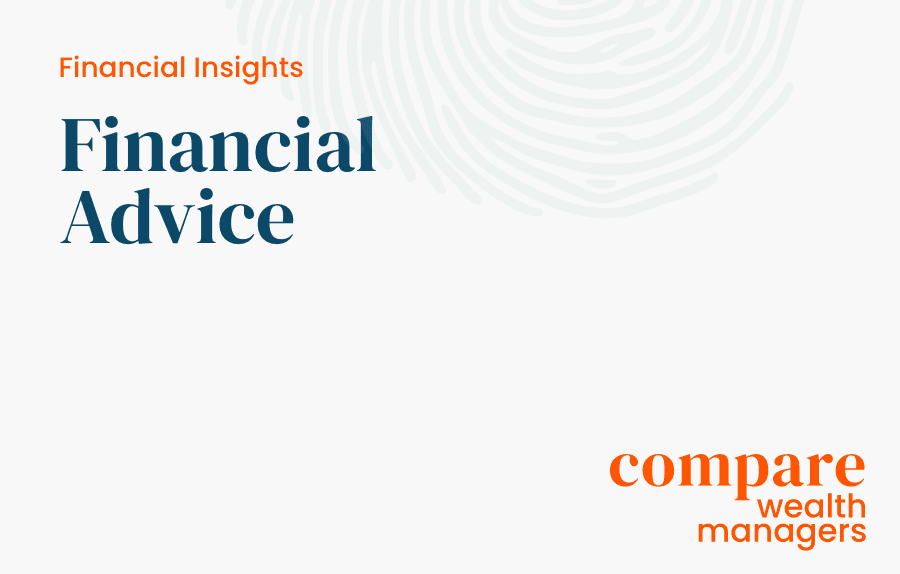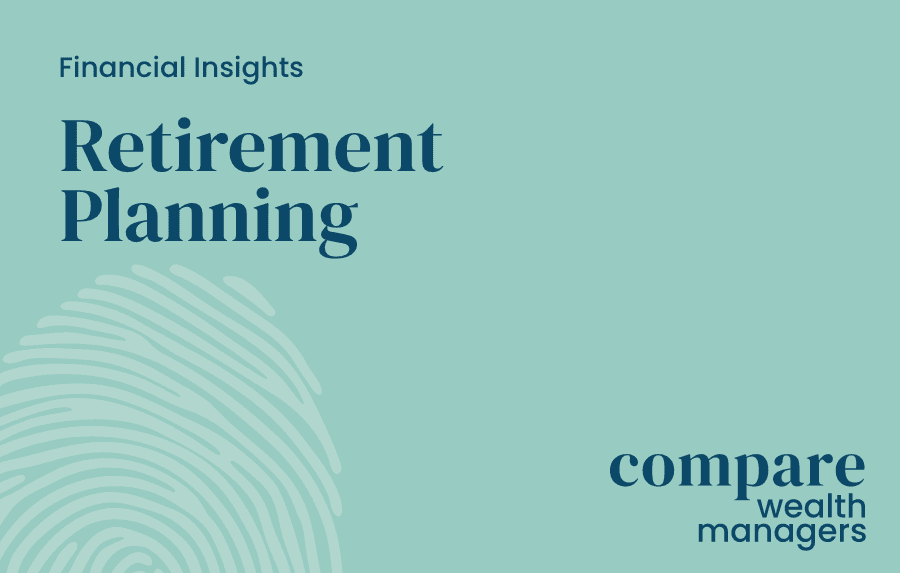Contents
Key Takeaways
Financial wellbeing means control and confidence, not just income, covering how secure you feel about your money now and in the future.
Common financial risks reduce wellbeing, such as high-interest debt, overspending, or leaving wealth in low-yield accounts.
Improving your financial present includes cutting debt, building an emergency fund, and protecting your family with insurance.
Future planning safeguards wealth, through investment management, pension planning, tax efficiency, and estate strategies.
Wealth managers enhance financial wellbeing, offering expert, impartial advice to optimise assets and reduce financial stress.
Strong financial wellbeing supports overall wellbeing, linking smart financial planning with peace of mind and better life outcomes.
Financial wellbeing means different things to different people, but without it, you’ll spend more time worrying and less time focusing on the things that matter.
Mental wellbeing has become a major trend in recent years, and it’s really not hard to see why. You don’t need us to tell you that we live in ‘unprecedented’ and highly uncertain times that can take a toll on anyone. Fortunately, people now recognise the importance of mental wellbeing and practising self-care during times of stress. And, thankfully, there’s now much less of a stigma attached to talking about mental health, and greater support available for people to get help with their mental wellbeing, should they need it.
But what about financial wellbeing? Well, in our view, it should be viewed as equally important, and something that everyone should care about. After all, our financial wellbeing has a major influence on our overall state of mind, and can also seriously impact our mental health [1].
What is financial wellbeing?
People might think that feeling anxious or concerned about your finances only applies to those who are in debt, have a low income or are worried about losing their job. But that’s simply not the case. Just as anyone can experience times when their mental health is low, everyone can sometimes feel in need of a bit of support when it comes to their financial wellbeing [2].
That’s because, in our experience, financial wellbeing is rarely just about how much money you earn or how much you’ve accumulated. It’s about how you feel. We would define financial wellbeing as this:
Feeling in control of your financial present, and planning for a financially secure (and enjoyable) financial future.
For many people, their uncomfortable relationship with money starts when they are young, but those habits (good or bad) tend to stay with us as we get older. We all know people who seem to always be living beyond their means, just as we know people who are comfortably well-off but also hate spending a penny if they can avoid it.
We would also place into this category those people who put off making financial decisions (and miss out as a result), or those who don’t want to take any risks with their money, and as a result leave their wealth languishing in non-interest paying savings accounts, where their money is losing its value. Whatever the situation, breaking out of these bad habits is not only the best way to achieve financial wellbeing, it’s the only way [3].
So, how can you achieve financial wellbeing?
There are two key elements to financial wellbeing that everyone should focus on. The first is taking control of their financial present, and the second involves planning for their financial future.
Taking care of the present
Behavioural research suggests that people who take charge of their financial present tend to experience more positive feelings about their overall financial wellbeing. And there are lots of different ways that you can take control back over your finances. For example:
- Creating a plan that allows you to reduce or eliminate any ‘bad debts’ that you have, such as credit cards, store cards or personal loans.
- Using that money to start investing regularly. The amount is less important than getting into the habit of setting aside a regular amount, and there are a lot of positives to be taken from investing wisely and one day reaching your goal [4].
- If you have loved ones who depend on you for their income, consider taking out insurance policies (such as life insurance, critical illness cover or accident, sickness and unemployment insurance) that can help protect what you have and allow you to sleep easier at night.
A wealth manager can help to put you in control of your financial present, but preparing for an uncertain future matters even more. Here’s where working with a wealth manager can really help you make great strides on the path towards financial wellbeing. Of course, a wealth manager is not going to be able to help with complex emotional issues, that’s not their job. But they can help you to think about your finances in a non-emotional way, making it easier for you to make clear decisions that will benefit you in the long run.
Planning your financial future
One of the best things about finding a wealth manager is that you’ll be taking control of your financial destiny and getting someone else to take care of the worrying for you. They won’t just help you to focus on your immediate needs, they will also help you to make plans for the future as well.
For most wealth managers, the first thing to do is to make sure that your finances are best placed to help you feel comfortable about whatever the future brings. This can include managing your investments, to help you achieve the best return for the risk you’re prepared to take, putting in place plans for your retirement as well as offering any more specialist services that you might need, for example, such as tax and estate planning, and specific insurance products to cover any circumstances that would make life difficult [5].
We know the wealth management world...
The best wealth management firms know that making people feel reassured about their wealth and financial circumstances is just as valuable as focusing on the money itself. After many years of working with top wealth managers, including time spent running a wealth management business, our experience is that people who talk to a wealth manager or a financial adviser feel more positive about their financial future as a result.
We’d go so far as to say that talking to a wealth manager is the best step you could take towards achieving financial wellbeing. And the sooner you have that conversation, the more likely that together you will be able to put a plan in place that ensures you achieve the financial future that you want.
Peace of mind is one thing that money can’t buy. But with the right wealth manager to guide you, financial wellbeing is definitely something you can find for yourself. If you’re ready for us to introduce you to a wealth manager who can put your mind at rest, why not get started today?






